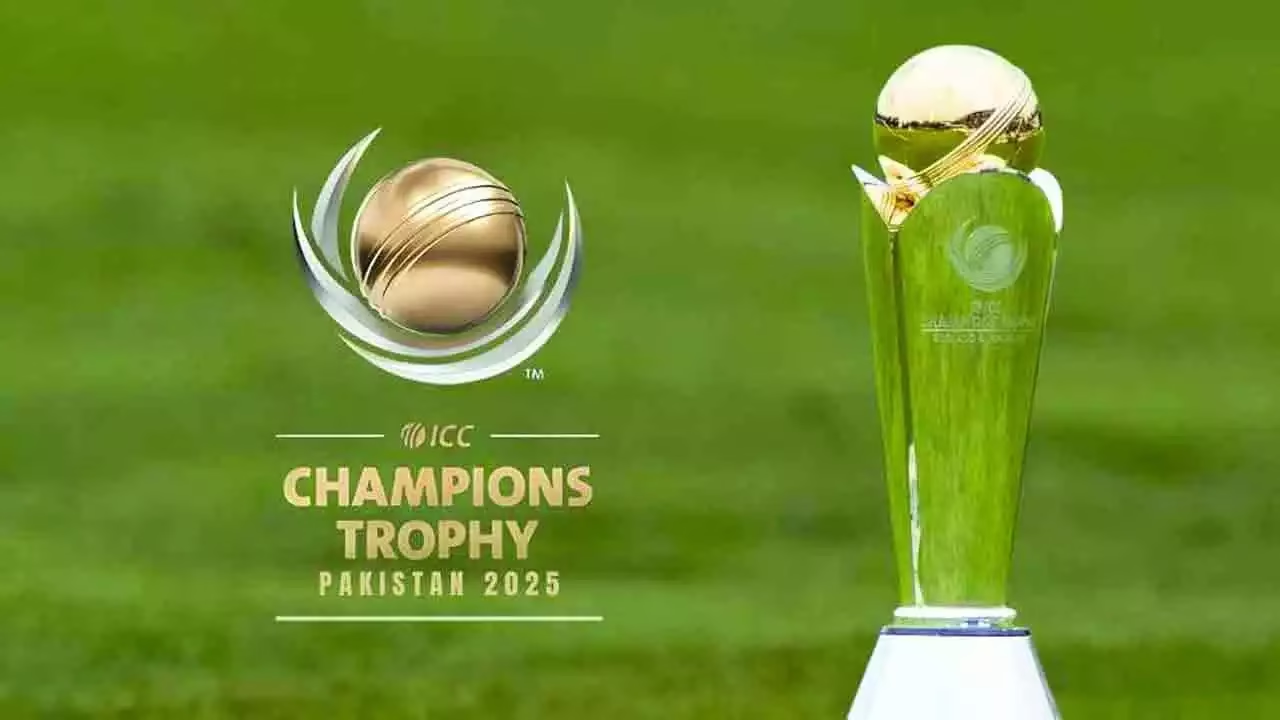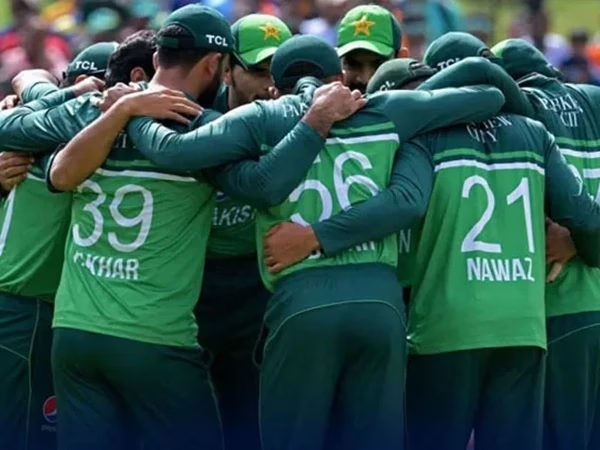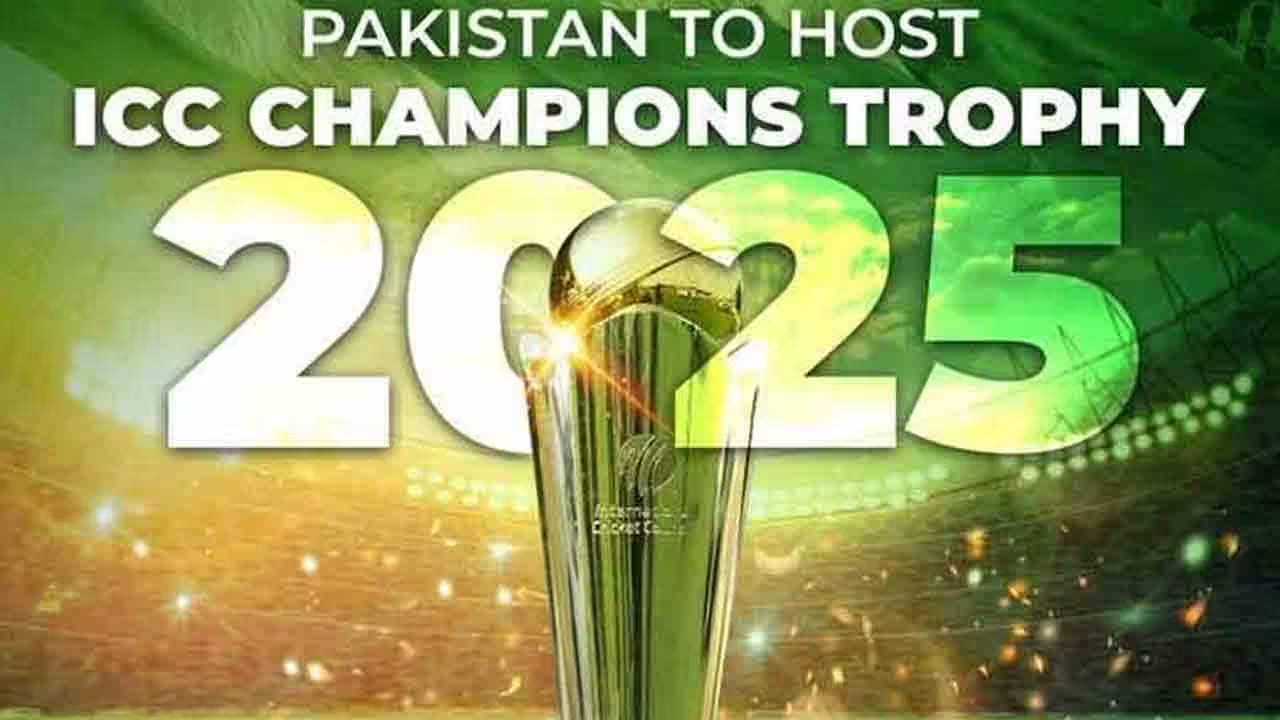The upcoming ICC Champions Trophy has found itself embroiled in a political controversy even before the first ball has been bowled. According to reports from Indian media, the Board of Control for Cricket in India (BCCI) has raised objections to printing Pakistan’s name on the Indian team’s jerseys. This development has sparked widespread debate and criticism, with cricket fans and analysts questioning the impact of politics on the sport.
BCCI’s Stance on Pakistan’s Name
The ICC’s Clothing and Equipment Regulations mandate that all teams participating in its tournaments must display the approved tournament logo on their kits. This logo traditionally includes the host country’s name, which for the 2025 ICC Champions Trophy is Pakistan. However, the BCCI has reportedly objected to this, stating that the Indian team will not feature Pakistan’s name on their jerseys.
The controversy deepens as India’s matches in the tournament are scheduled to take place in Dubai, a neutral venue. Even the final, should India qualify, will be held in Dubai instead of Pakistan. While the tournament is hosted by Pakistan, this arrangement was made due to political tensions between the two countries.
Pakistan’s Role as Host
Despite the venue shift for India’s matches, Pakistan remains the official host of the ICC Champions Trophy. Hosting an ICC event is a significant achievement for Pakistan, marking its growing presence in international cricket after years of isolation due to security concerns. The PCB has worked tirelessly to restore its image and bring major cricketing events back to the country.
The BCCI’s objection undermines Pakistan’s efforts as the host nation and sets a troubling precedent. It also raises questions about the ICC’s ability to enforce its regulations and maintain the integrity of its tournaments.
ICC Rules and Implications
The ICC’s regulations clearly state that all teams must display the approved tournament logo, including the host country’s name. Any deviation from this rule would be a direct violation of the Clothing and Equipment Regulations.
Failure to comply could result in penalties, including rejection of team kits. The ICC’s response to this controversy will be closely watched, as it will determine whether the governing body can uphold its rules in the face of political pressures.
India’s Matches in Dubai
India’s matches being shifted to Dubai has already drawn criticism for diluting the spirit of the tournament. Hosting matches in a neutral venue detracts from the home-ground advantage and the festive atmosphere that comes with hosting an ICC event. This decision, coupled with the jersey controversy, further politicizes what should be a celebration of cricket.
Fan Reactions and Social Media Outcry
The controversy has ignited a storm on social media, with cricket fans expressing their opinions on the matter. Many have criticized the BCCI for politicizing cricket, while others have called for the ICC to take a firm stance. Hashtags like #CricketNotPolitics and #ICCRulesMatter have been trending, highlighting the global interest in the issue.
Pakistani fans, in particular, have voiced their frustration, seeing this as an attempt to undermine their country’s role as host. Indian fans are divided, with some supporting the BCCI’s stance and others advocating for adherence to ICC regulations.
A Pattern of Disputes
This is not the first time cricket has been caught in the crossfire of India-Pakistan tensions. Similar controversies arose during the Asia Cup, where India refused to play matches in Pakistan, leading to a hybrid model with games held in multiple venues. These repeated incidents raise concerns about the future of cricketing ties between the two nations and the impact on global tournaments.
The ICC’s Role in Resolving the Issue
The ICC now faces a critical challenge in resolving this issue. Its decision will not only impact the Champions Trophy but also set a precedent for handling political disputes in cricket. By enforcing its rules, the ICC can reinforce the principle that cricket should remain above politics. Conversely, any leniency could embolden future violations and erode the integrity of the sport.
What Lies Ahead?
As the tournament approaches, the ICC will need to address this controversy decisively. Will the governing body enforce its regulations, or will it allow India to bypass the rules? The outcome of this situation will have far-reaching implications for the credibility of international cricket.
For Pakistan, this is about more than just a logo. It is about recognition and respect as a host nation. The PCB has already voiced its concerns, and any compromise on this issue could strain relations further.
The ICC Champions Trophy is meant to celebrate the spirit of cricket and bring nations together. However, controversies like these threaten to overshadow the game’s essence. It is imperative for the ICC to take a firm stance and ensure that the tournament remains a unifying force.
The ball is now in the ICC’s court. How it handles this controversy will determine whether cricket can truly rise above politics and remain a global sport that unites rather than divides.



